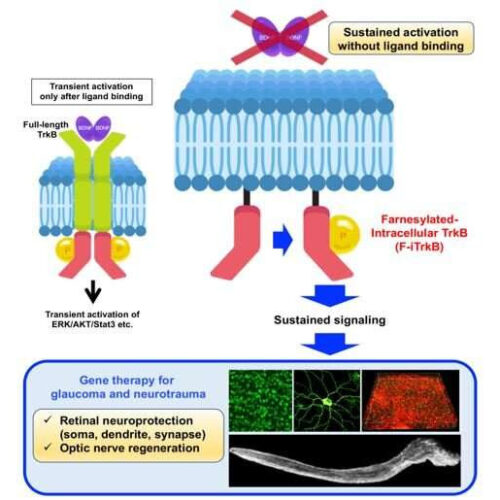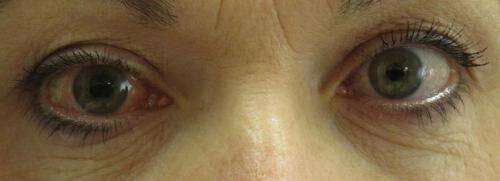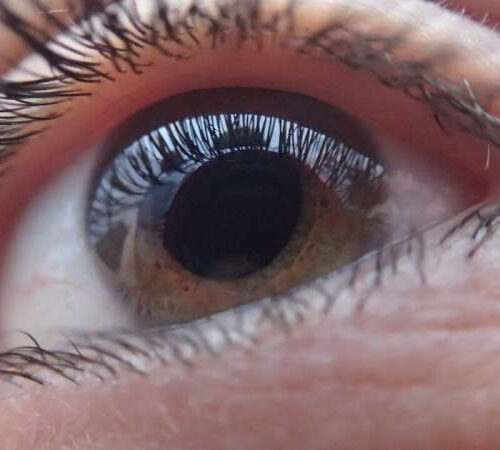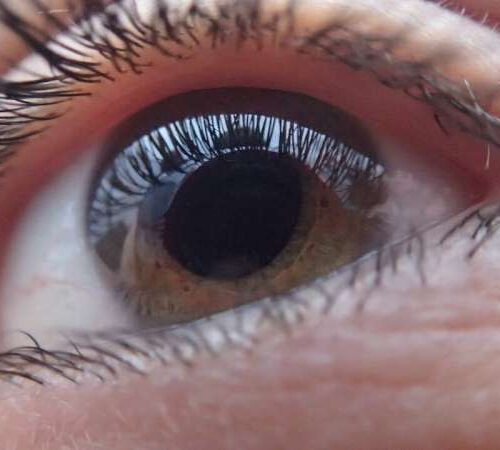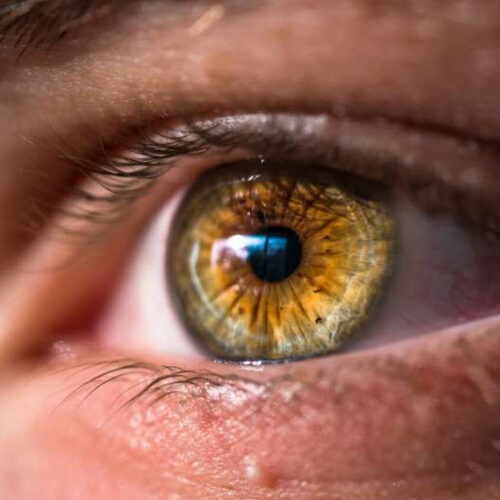by Tokyo Metropolitan Institute of Medical Science Schematic model of sustained activation of TrkB signaling in the absence of BDNF. Credit: TMIMS Glaucoma is the leading cause of irreversible blindness due to optic nerve damage and the death of retinal ganglion cells (RGCs). Presently, reducing intraocular pressure is the sole evidence-based therapy for glaucoma patients,...
Tag: <span>Glaucoma</span>
Poor quality sleep may be linked to heightened risk of glaucoma, irreversible sight loss
by British Medical Journal Credit: Unsplash/CC0 Public Domain Poor quality sleep, including too much or too little shuteye, daytime sleepiness, and snoring, may be linked to a heightened risk of developing irreversible sight loss (glaucoma), suggests a large UK Biobank study published in the open access journal BMJ Open. The findings underscore the need for sleep...
Stem cell research reveals detailed genetic roadmap of glaucoma
by University of Melbourne Acute angle closure glaucoma of the right eye (intraocular pressure was 42 in the right eye). Credit: James Heilman, MD/Wikipedia A new, detailed genetic roadmap of glaucoma—the world’s leading cause of irreversible blindness—will help researchers develop new drugs to combat the disease, by identifying potential target areas to stall or reverse...
Protein protects brain cells most impacted by glaucoma
MEDICAL COLLEGE OF GEORGIA AT AUGUSTA UNIVERSITY IMAGE: DRS. KATHRYN BOLLINGER (LEFT) AND SYLVIA SMITH CREDIT: MICHAEL HOLAHAN, AUGUSTA UNIVERSITY AUGUSTA, Ga. (March 1, 2022) — A ubiquitous protein called sigma 1 receptor, which is known to protect cells from stress, appears key to the function and survival of the neurons most impacted by glaucoma, scientists...
Glaucoma: Seeing the light at the end of the (nano)tunnel
by University of Montreal Hospital Research Centre (CRCHUM) Credit: CC0 Public Domain Reduced blood flow and impaired neurovascular coupling are well-known features of glaucoma, the main cause of non-curable blindness affecting 80 million people worldwide in 2020. The mechanisms underlying these abnormalities are now unveiled, thanks to new research by a team led by Adriana Di Polo,...
Research: Can Nutrient Supplements Prevent Glaucoma?
One of the most effective treatments for glaucoma, latanoprost, was developed by Columbia ophthalmology researcher Laszlo Bito, PhD, who in the 70s and 80s conducted the key studies that led to the drug’s approval in 1996. Since then, latanoprost has been the first-line treatment for reducing pressure inside the eye and preventing retinal damage and...
AI-powered glaucoma screening test delivers rapid results
A new rapid screening test for glaucoma could help advance early detection of the disease, a leading cause of irreversible blindness. Developed by a research team of engineers and ophthalmologists led by RMIT University in Melbourne, Australia, the test uses infra-red sensors to monitor eye movement and can produce accurate results within seconds. About 80...
A new protein treatment for glaucoma?
by Northwestern University Credit: Unsplash/CC0 Public Domain A Northwestern Medicine study in mice has identified new treatment targets for glaucoma, including preventing a severe pediatric form of glaucoma, as well as uncovering a possible new class of therapy for the most common form of glaucoma in adults. In people with high pressure glaucoma, fluid in the...
Study links diabetes medications to glaucoma prevention
by Perelman School of Medicine at the University of Pennsylvania Credit: CC0 Public Domain A popular class of diabetes medications called GLP-1R agonists (Trulicity and Rybelsus) may also protect against glaucoma in diabetic patients, according to a new study led by researchers in the Scheie Eye Institute at the University of Pennsylvania’s Perelman School of Medicine. The findings...
Vitamin B3 as a possible treatment for glaucoma
by Karolinska Institutet Credit: Unsplash/CC0 Public Domain Glaucoma involves a high risk of losing sight. Researchers at Karolinska Institutet and St. Erik Eye Hospital, among others, have now studied the effects of nicotinamide, the amide of vitamin B₃, on animal and cell models for glaucoma. The study, published in Redox Biology, may be a future neuroprotective therapy in...

